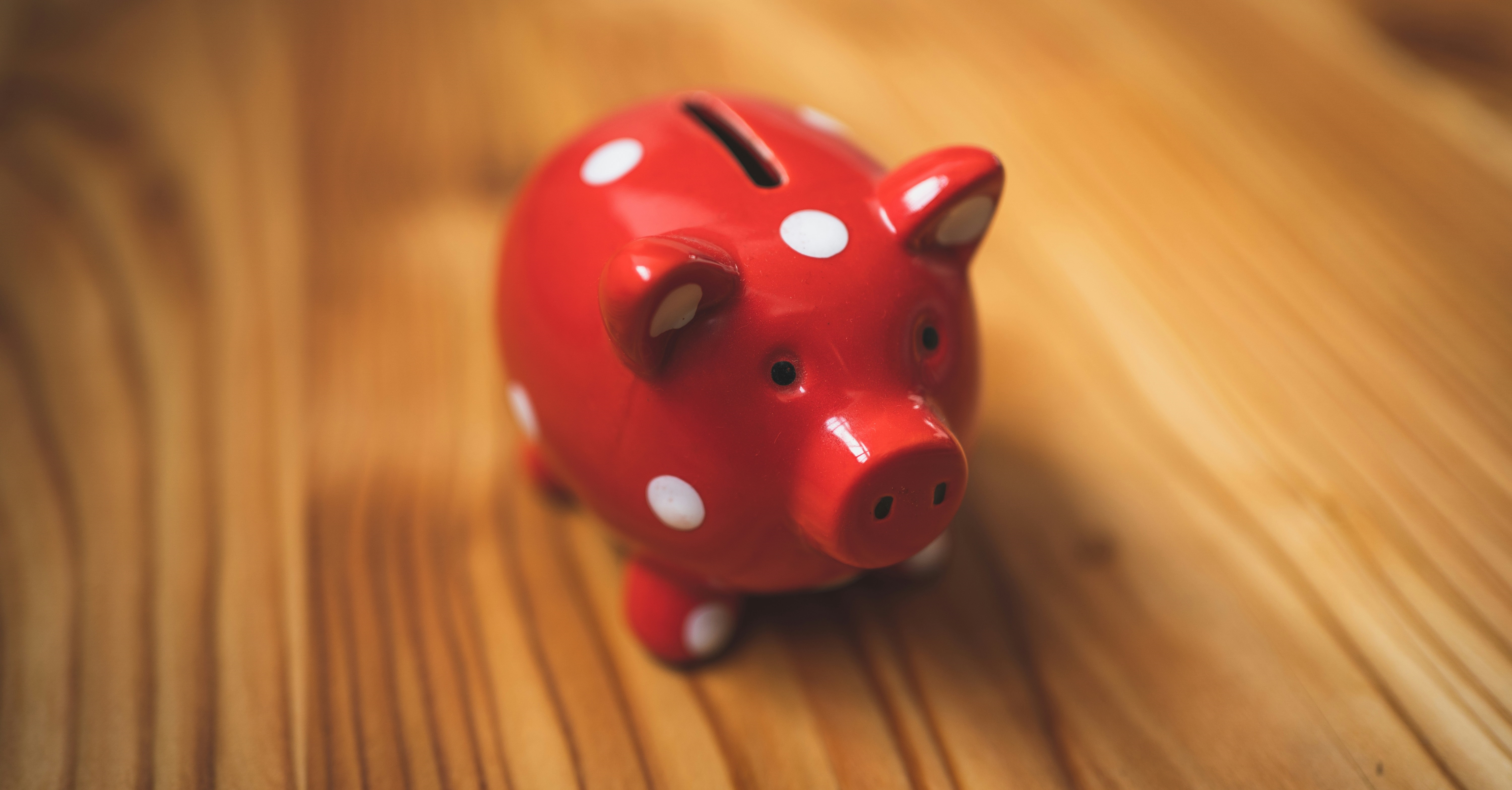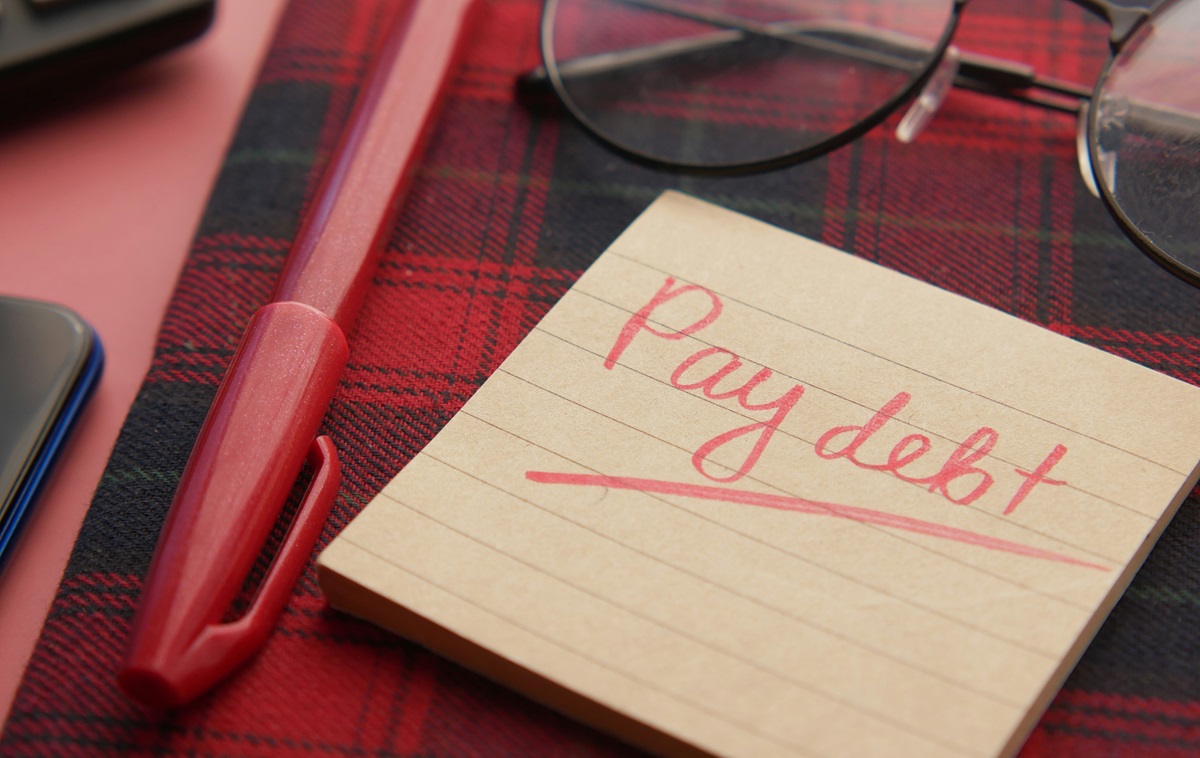What does "investing in your debt" mean?
Alex Sloat: Basically, traditionally investing is done to make you better off tomorrow than you are today and, usually, people have done that by investing in companies. You give them your money; they make a profit with it; they give some of that profit back to you; it gives you an asset that improves your net worth and gives you an income stream.
Investing in your debt is the same sort of idea, only instead of giving the money to companies, you use it to pay off your debt. Likewise, it improves your net worth because it means you've got less debt than the year before and, likewise, it gives you an income stream for the interest you don't have to pay anymore.
So for a lot of people depending on their exact debt situation, of course, it can make a lot of sense to instead of invest money in the market, invest in their debt by paying it off and improving their financial situation that way.
What are the main advantages of investing in your debt?
Basically, there are three big advantages. The first one is that it's guaranteed. Anyone you give your money to could, in principle, go broke. Even the government of Canada might someday go broke. But even if the government of Canada isn't there paying its debt anymore, someone is going to want you to pay yours. So, no matter what happens, paying off your debt leaves you with an asset that you're better off than you were before.
The second advantage is taxes. Personal loans, you don't get any tax breaks for paying interest on them. So, not paying interest, there's no taxes you incur from not having to pay interest anymore. A GIC and a non-registered account, if you want to invest in something traditional, you about only get half as much as the face value of the interest after taxes. But the interest you don't have to pay on a loan anymore dollar-for-dollar, that's money in your pocket.
And the third big advantage is that the rates are often pretty good. It depends again on your debt. But in a lot of cases, you pay more on money you owe than you get on money you invest. So if you've got a student loan or a line of credit, you might be paying 5% or 6%; a 5% or 6% guaranteed investment is hard to beat.
What are the main drawbacks of investing in your debt?
With student loans in particular and a couple of other sorts of debt, but those are the biggest, you can't borrow once you've paid it off. Once you've paid off the debt, the money is out of your hands. So you can't sell your investment to pay for any short-term expenses you need. If your car breaks down, you can always sell a mutual fund. You can't sell your lack of debt. It needs to be paid in cash.
Traditional financial advice is, of course, always to have an emergency fund on hand, but it becomes very important if you're going to be paying off debt that you can't borrow against again. If you have any sort of business debt, and this can include some investment loans, the interest is tax-deductible. So the tax advantages aren't there as much either. And of course, some debt is at very low interest rates. A mortgage, for example, if you're a very risk-averse investor, paying off your mortgage quickly might make a lot of sense as an investment. But if you're a more risk tolerant investor then the 2.5%, 3% you might get by paying off your mortgage looks a bit unimpressed compared to what you'd be investing in otherwise.
What kinds of debts should be “invested in” first?
Well, obviously, start with the ones that have got the highest interest rates. If you've got any credit cards, paying that off is the highest priority in your financial plan, bar none. As the rates get lower, having some money in different areas and diversifying it can make a lot of sense. I've got some clients who have interest on their most expensive debt of about 5% and they save a bit and they pay off a lot. But you want to be splitting enough just to keep yourself a bit diversified and not to put all your eggs in one basket. As it gets down lower and lower interest rates, of course it becomes less and less of a priority. If you've got a 0% car loan, you should not touch it because the 0% investment looks really bad. But as with all things, it does depend on your financial situation, but making sure that you consider it as an option is very useful to a lot of people.









:quality(80)/cloudfront-us-east-1.images.arcpublishing.com/morningstar/EC7LK4HAG4BRKAYRRDWZ2NF3TY.jpg)










